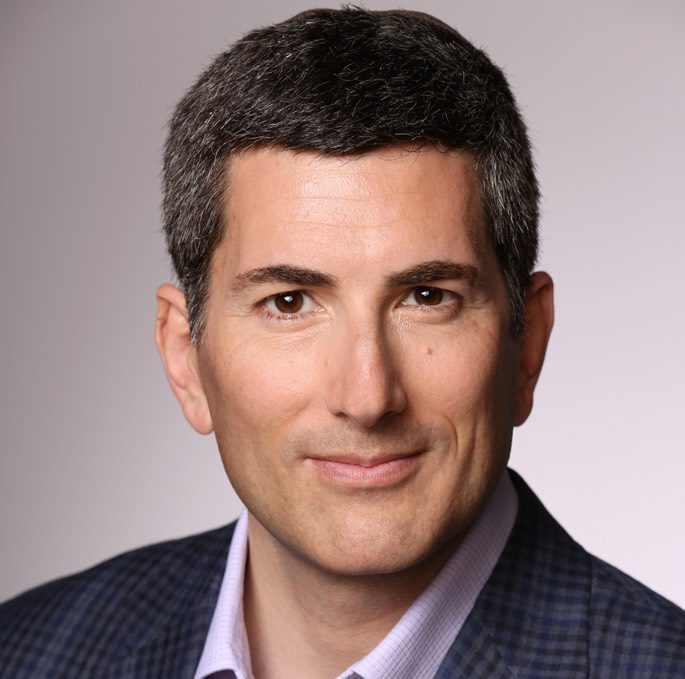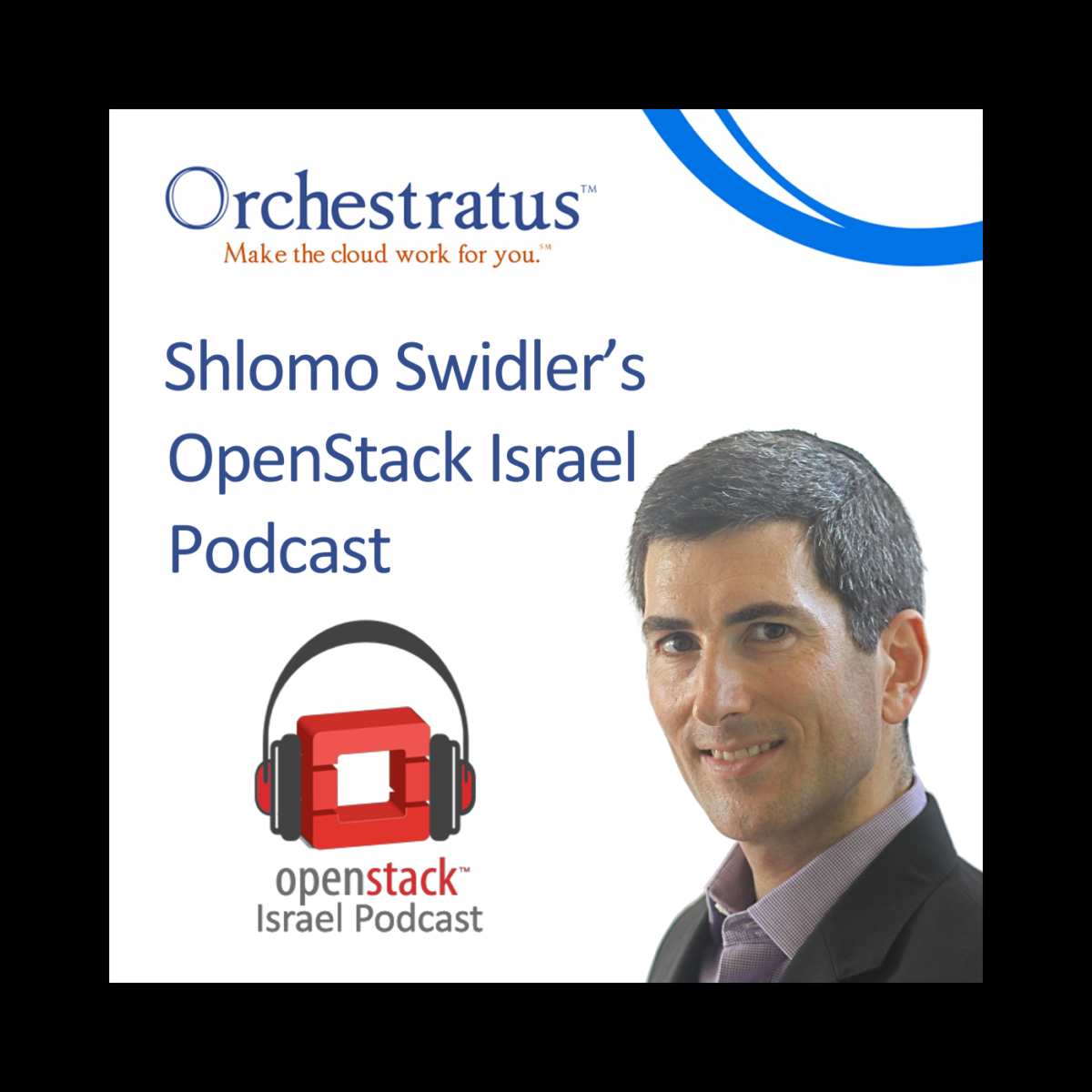This podcast series explores topics of interest to OpenStack practitioners, focusing on the ecosystem in Israel.
In this episode I speak with Mårten Mickos, Head of Cloud Business at HP, formerly CEO of Eucalyptus and of MySQL AB. Some highlights of our discussion:
- HP has made loud public commitments to OpenStack. What does HP’s acquisition of Eucalyptus in September 2014 mean for both OpenStack and for Eucalyptus? HP’s commitment to OpenStack is unwavering. Eucalyptus has always been focused on the very specific use case of Amazon-compatible clouds, and in 2013 Eucalyptus decided to integrate with OpenStack because OpenStack solves a more general use case than Eucalyptus, in a complementary manner.
- On a technical level, there is still a lot to do to integrate.
- OpenStack’s “more general use case” is to be an all-encompassing platform for private, hybrid, and managed clouds, and is therefore open to lots of variation and customization. One technology cannot support both that general OpenStack use case and the specific, out-of-the-box Amazon-compatible use case that Eucalyptus supports. Both can use the same underlying components—the same object store, for example.
- Eucalyptus is to OpenStack as InnoDB is to MySQL.
- OpenStack should have spent a lot more time in the design phase early on. They jumped in and started coding, and are now spending a lot of effort to address those design shortcomings. No project is ideal on the first try, but the design phase is supremely important for OpenStack because it is a distributed system, which is incredibly complex and difficult to diagnose and reason about issues once it’s live.
- What will you do in order to help your developers tackle the complexity inherent in building these distributed systems? The easier a product is to use the more difficult it was to design. The HP Helion group has hired experienced distributed systems experts from the major cloud providers and also newer developers who live and breathe DevOps and agile development, and this combination is the right ingredients for solving the problems.
- Will Eucalyptus end up being a set of microservices that can be deployed alongside an OpenStack deployment, providing heightened AWS compatibility? Quite possibly. There are many different tactics we can take toward technical integration, and in fact we already have run Eucalyptus inside OpenStack. Certainly, Eucalyptus will not become a wrapper around OpenStack. As eager as everyone is to hear about the technical direction Eucalyptus will take to integrate with OpenStack, we must move slowly in this design phase and ensure we’re doing it right.
- It will be 2015 before any design commitment is made.
- If you are involved in OpenStack and Eucalyptus, please reach out to Mårten and his folks at HP with any opinions about what you want to see from Eucalyptus’s integration with OpenStack.
- What is the relationship between Eucalyptus and the new use cases that OpenStack is being pulled to address, such as telecom carriers’ Network Function Virtualization? There is any relationship you want. AWS compatibility and NFV can be used together or not, independently. HP can provide both.
- In 2009 when Eucalyptus came out, we mistook people’s initial interest and learning as an indication of the existence of a market. It wasn’t a market. The market hasn’t taken off yet. It’s only now beginning to do so. So we have refocused on the use case of dev/test and Continuous Integration/Continuous Delivery, and seen heightened interest in our offering as a result.
Shlomo Swidler’s OpenStackIL Podcast Episode 15: Mårten Mickos of HP

